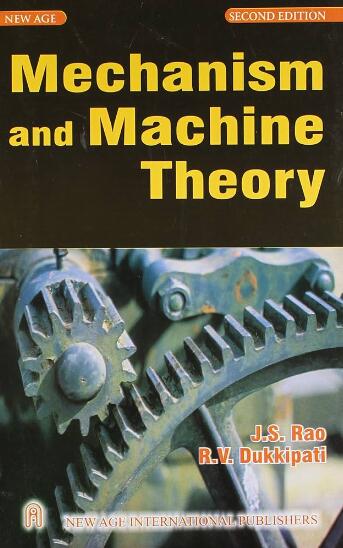Optimizing suspension parameters for ride comfort in four-wheel hub-motor electric vehicles using multibody dynamics and multi-objective algorithms
IF 4.5
1区 工程技术
Q1 ENGINEERING, MECHANICAL
引用次数: 0
Abstract
The integration of transmission systems in four-wheel hub motor-driven (4WHMD) electric vehicles enhances efficiency and handling but increases unsprung mass, reducing ride comfort compared to centralized motor-driven (CMD) vehicles. This paper presents an optimization framework to address this challenge, advancing mechanism design through multibody dynamics analysis and multi-objective optimization. First, high-fidelity multibody dynamics models for 4WHMD and CMD vehicles are established, capturing nonlinear suspension behavior and wheel-ground interactions to quantify vibrational energy transfer and ride comfort metrics. Second, a comparative study between 4WHMD and CMD vehicles are conducted. Third, a surrogate model is developed using design of experiment (DOE) and gaussian process regression (GPR), enabling rapid evaluation of suspension parameters while reducing computational complexity. Finally, multi-objective simulated annealing algorithm (MOSA), non-dominated sorting genetic algorithm (NSGA-II), and hybrid multi-objective optimization algorithm (HMOA) are applied to optimize riding comfort performance, balancing five indices with a trade-off strategy. The optimized 4WHMD perform better in vertical and roll acceleration than CMD vehicle, but worse in suspension dynamic deflection and wheel dynamic load, with HMOA demonstrating the comprehensive ability of global and local search. This research contributes to the development of high-performance mechanical systems through integrated dynamic modeling and intelligent optimization techniques.
基于多体动力学和多目标算法的四轮轮毂电动汽车悬架参数平顺性优化
与集中式电机驱动(CMD)汽车相比,四轮轮毂电机驱动(4WHMD)电动汽车的传动系统集成提高了效率和操控性,但增加了非簧载质量,降低了乘坐舒适性。本文提出了一个优化框架来解决这一挑战,通过多体动力学分析和多目标优化推进机构设计。首先,建立了4WHMD和CMD车辆的高保真多体动力学模型,捕获非线性悬架行为和轮地相互作用,量化振动能量传递和乘坐舒适性指标。其次,对4WHMD和CMD车辆进行了比较研究。第三,利用实验设计(DOE)和高斯过程回归(GPR)建立了代理模型,实现了悬架参数的快速评估,同时降低了计算复杂度。最后,采用多目标模拟退火算法(MOSA)、非支配排序遗传算法(NSGA-II)和混合多目标优化算法(HMOA)对乘坐舒适性进行优化,以权衡策略平衡5个指标。优化后的4WHMD在垂直加速度和侧倾加速度方面优于CMD车型,但在悬架动挠度和车轮动载荷方面差于CMD车型,HMOA具有全局和局部搜索的综合能力。该研究通过集成动态建模和智能优化技术,为高性能机械系统的发展做出了贡献。
本文章由计算机程序翻译,如有差异,请以英文原文为准。
求助全文
约1分钟内获得全文
求助全文
来源期刊

Mechanism and Machine Theory
工程技术-工程:机械
CiteScore
9.90
自引率
23.10%
发文量
450
审稿时长
20 days
期刊介绍:
Mechanism and Machine Theory provides a medium of communication between engineers and scientists engaged in research and development within the fields of knowledge embraced by IFToMM, the International Federation for the Promotion of Mechanism and Machine Science, therefore affiliated with IFToMM as its official research journal.
The main topics are:
Design Theory and Methodology;
Haptics and Human-Machine-Interfaces;
Robotics, Mechatronics and Micro-Machines;
Mechanisms, Mechanical Transmissions and Machines;
Kinematics, Dynamics, and Control of Mechanical Systems;
Applications to Bioengineering and Molecular Chemistry
 求助内容:
求助内容: 应助结果提醒方式:
应助结果提醒方式:


